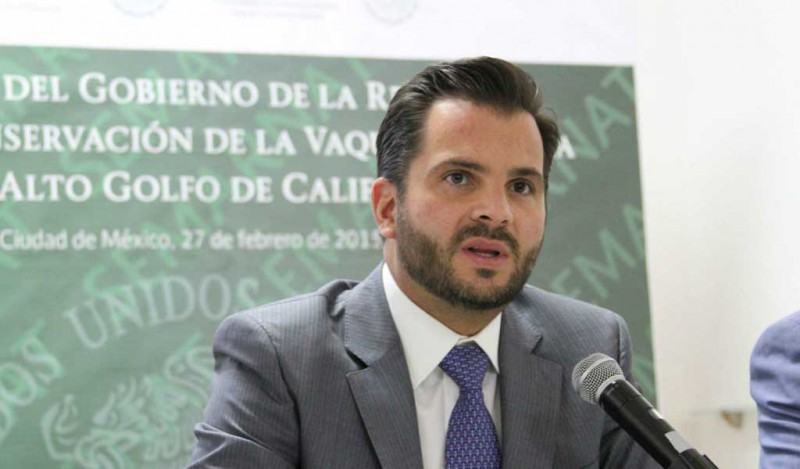Following the deposit of the instrument of acceptance by Japan on Tuesday, December 5 2017, The Nagoya-Kuala Lumpur Supplementary Protocol on Liability and Redress to the Cartagena Protocol on Biosafety will enter into force on March 5, 2018.

Adopted as a supplementary agreement to the Cartagena Protocol on Biosafety, the Supplementary Protocol aims to contribute to the conservation and sustainable use of biodiversity by providing international rules and procedures in the field of liability and redress relating to living modified organisms. A groundbreaking international treaty, the Supplementary Protocol requires that response measures are taken in the event of damage resulting from living modified organisms, or where there is sufficient likelihood that damage will result if timely response measures are not taken. The Supplementary Protocol also includes provisions in relation to civil liability.
“The entry into force of the Nagoya-Kuala Lumpur Supplementary Protocol represents a milestone in the history of the Cartagena Protocol on Biosafety. The entry into force of this important instrument provides a key piece of the international regulatory regime applying to living modified organisms. It provides practical rules to respond to damage resulting from living modified organisms that find their origin in a transboundary movement and gives effect to the polluter pays principle,” said Mr. Rafael Pacchiano Alamán, Minister of Environment and Natural Resources, Mexico, and President of the thirteenth meeting of the Conference of the Parties to the Convention on Biological Diversity (CBD).
Dr. Cristiana Paşca Palmer, CBD Executive Secretary, said: “The forthcoming entry into force of the Nagoya-Kuala Lumpur Supplementary Protocol on Liability and Redress represents a major step towards achieving the objectives of the Strategic Plan for the Cartagena Protocol on Biosafety and towards the conservation and sustainable use of biodiversity.
“It is of great symbolic value that Japan, where the Supplementary Protocol was adopted, has deposited the decisive instrument which will trigger the entry into force of this important international instrument. I urge all Parties to the Biosafety Protocol yet to do so to ratify the Supplementary Protocol as soon as possible. I also urge Parties to the Biodiversity Convention that have not yet done so to ratify the Biosafety Protocol so that they can also become Parties to the Supplementary Protocol.”
The Supplementary Protocol will enter into force on the ninetieth day after the deposit of the fortieth instrument of ratification, accession, acceptance or approval (The instrument of approval deposited by the European Union does not count as additional to the instruments deposited by its member States (Article 18(3) of the Supplementary Protocol).
The following Parties have now ratified, accepted, approved or acceded to the Nagoya-Kuala Lumpur Supplementary Protocol: Albania, Bulgaria, Burkina Faso, Cambodia, Central African Republic, Congo, Cuba, Czech Republic, Democratic Republic of the Congo, Denmark, Estonia, European Union, Finland, Germany, Guinea-Bissau, Hungary, India, Ireland, Japan, Latvia, Liberia, Lithuania, Luxembourg, Mali, Mexico, Mongolia, Netherlands, Norway, Romania, Slovakia, Slovenia, Spain, Swaziland, Sweden, Switzerland, Syrian Arab Republic, Togo, Uganda, United Arab Emirates, United Kingdom of Great Britain and Northern Ireland, and Viet Nam.
With support from the Government of Japan, through the Japan Biodiversity Fund, the
Secretariat of the CBD is organising activities to support Parties in implementing the Supplementary Protocol at the national level.
